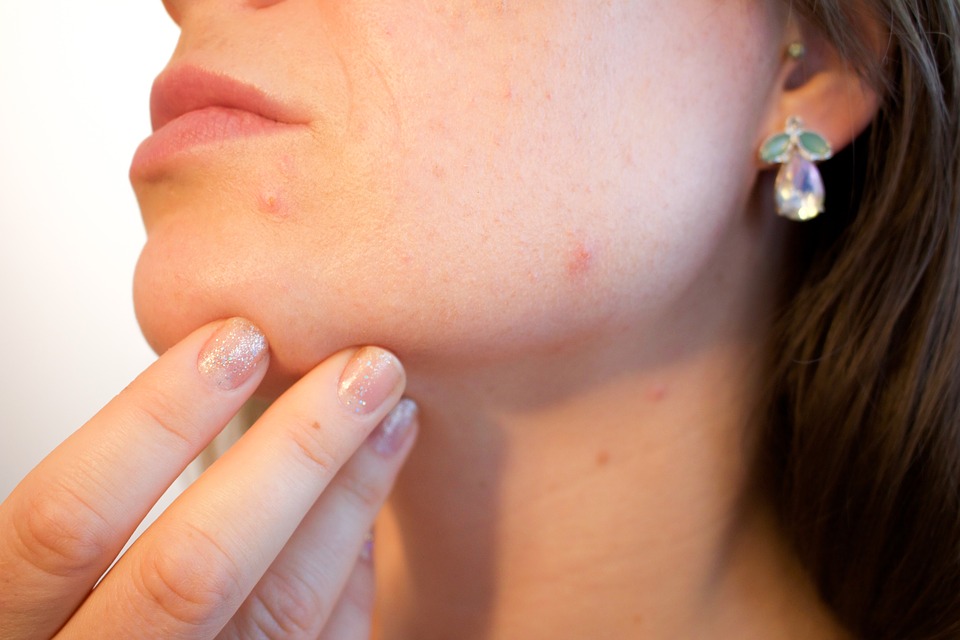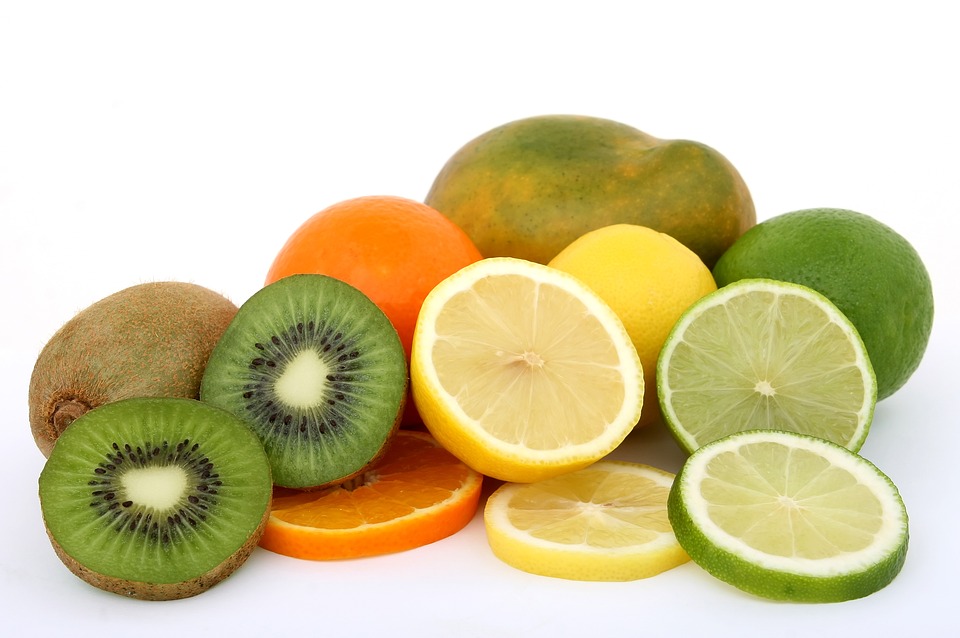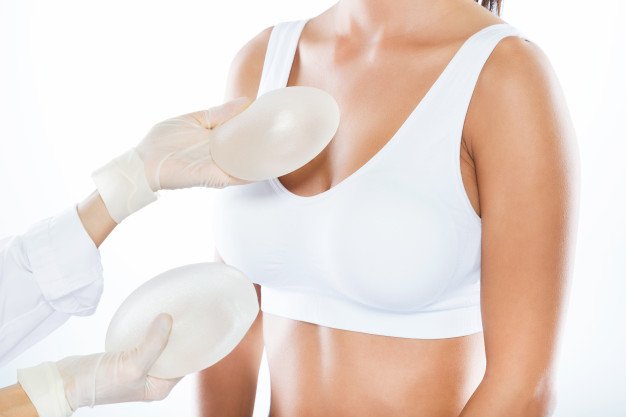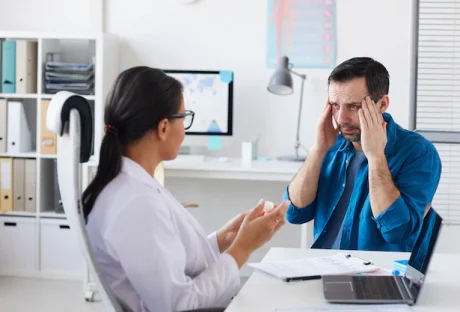If your blemishes leave behind discolorations or scars, you’re not alone. Acne scarring is a problem that afflicts many teens and adults. When a pimple heals, the body produces collagen to repair the damaged skin. If the body doesn’t produce the correct amount of collagen, a scar forms. Thankfully, there are a number of ways to minimize acne scarring, ranging from tea tree oil to lemon juice. Here are a few of the best natural remedies for acne scars.
Honey
If you’re dealing with leftover inflammation from your last breakout, honey is a great way to speed up the healing process. Honey has antibacterial and anti-inflammatory properties, which can help to reduce the size of current acne and stimulate healthy healing.
If you decide to use honey as a topical treatment, make sure you only use raw, unprocessed honey. Honey that’s been treated may not have the necessary acne-fighting properties. Then apply a thin layer of honey to the face, and leave it on for 15 minutes. Rinse thoroughly when you’re done.
Aloe Vera
Aloe vera is famous for its soothing properties, but it can also help to repair the skin. That’s because it promotes healthy collagen formation. If the body produces the correct amount of collagen during the healing process, it’s likely to result in a smaller, less noticeable scar.
To use aloe vera as a scar reduction treatment, simply apply a pure aloe vera liquid to existing scars once a day. You should see an improvement within a few weeks.
Lemon Juice
Like all citrus fruits, lemons are chock full of Vitamin C. Because Vitamin C is known to stimulate collagen production, a healthy dose of lemon juice can reduce the appearance of acne scarring.
If you want to get the most benefit out of your lemon juice, squeeze a few drops of lemon juice into a cotton ball. Swipe the cotton ball over the affected areas, and then leave the juice on the skin for ten minutes. Wash the juice off afterward. Due to its acidity, it can irritate the skin if left on too long.
Tea Tree Oil
If you’re dealing with persistent acne, you should try tea tree oil. This natural acne-fighting option has potent antibacterial and antioxidant properties, which can help get rid of existing acne and leftover acne scars.
To use tea tree oil for acne scarring, place a few drops of tea tree oil onto a cotton swab and then rub the oil into the scarred areas. Tea tree oil can be irritating to sensitive skin, so do a spot check before using it all over your face.
Apple Cider Vinegar
Apple cider vinegar is a well-known natural disinfectant, and it’s a popular ingredient in many acne-fighting remedies. It not only helps to get rid of existing acne, however, it can also help diminish the appearance of acne scars. It can be used as a natural exfoliator, helping the skin shed dead skin cells. This speeds up the healing process.
If you want to use apple cider vinegar for acne scarring, swipe a teaspoon-sized amount of vinegar onto the scars. Leave it on the skin for ten minutes, and then rinse.
Shea Butter
If you have acne-prone skin, you may be using a number of harsh, acne-fighting ingredients, like salicylic acid and benzoyl peroxide. While these ingredients can help get rid of acne, they can also leave it feeling dry, dull, and irritated. Skin can’t repair itself, however, if it’s not hydrated and healthy.
Shea butter contains antioxidants and fatty acids, which can help skin repair itself. It also offers the skin a healthy dose of hydration. When skin is healthier, it is better able to heal itself. Since purchasing a raw shea butter product from your local health food store, and apply it to the skin once or twice a day.
Fresh Tomato Facial
Tomatoes have used in DIY acne treatments for years, and for good reason. The tomato can do everything from exfoliating the skin to provide it with antioxidant protection. It can also help to fade and eliminate leftover acne scars. That’s because tomatoes contain nutrients like potassium and iron, which can help to minimize scar formation.
To get the best results from your tomato skin treatment, use a blender to puree a fresh tomato. Apply the mixture to the skin, and let it sit for 20 minutes. You can also take fresh tomato slices and rub the juice into the skin.
Emu Oil
Emu oil is known to have anti-inflammatory and antibacterial properties. It’s also packed with omega fatty acids, which penetrate deep into the skin to deliver much-needed nourishment.
To use emu oil to treat your leftover scars, simply rub a small amount of the oil into the scarred areas once or twice a day. This hydrating oil is beneficial to the skin, and you don’t need to worry about rinsing it off afterward. You can leave it on overnight to enhance its efficacy.
There are many natural ways to reduce post-acne scarring and pigmentation. From hydrating oils to natural extracts, these at-home remedies are a great way to help the skin heal. Your skin will be looking as good as new in no time!
8 Home Remedies to Banish Acne Scars ( Info-graphic)
If you want to know more about how you can make most of the natural power, here is an infographic, 10 Fantastic Herbs to Fight Acne, brought to you by beskinhost.com.
Read also:























